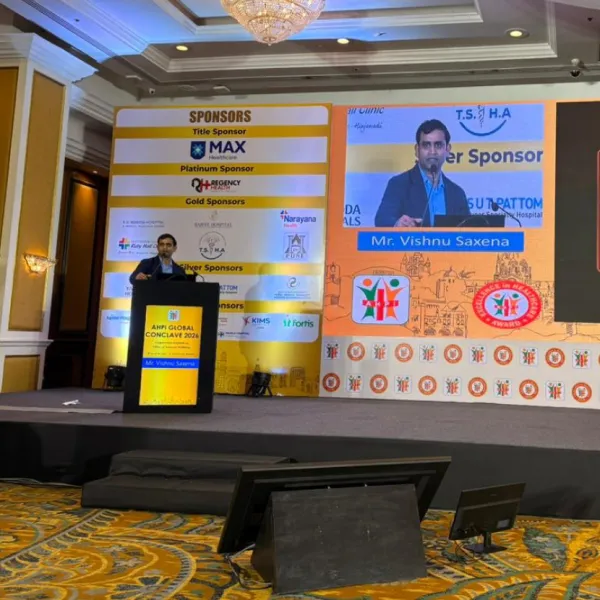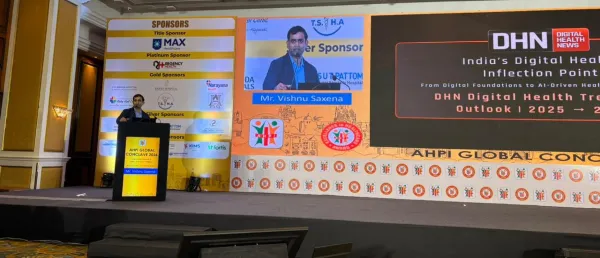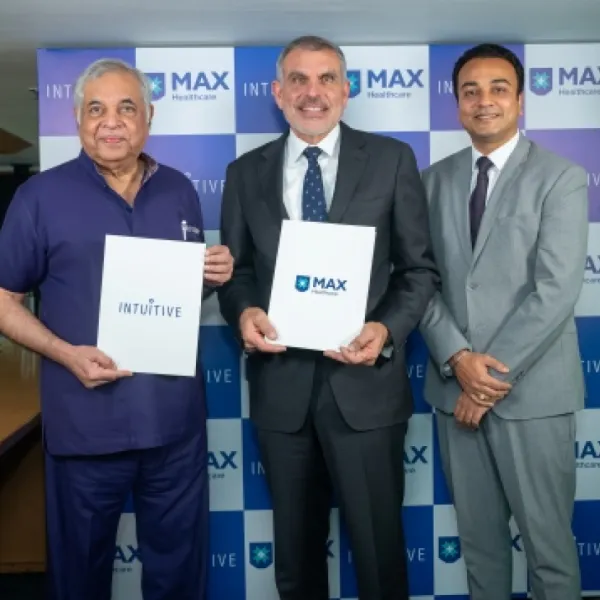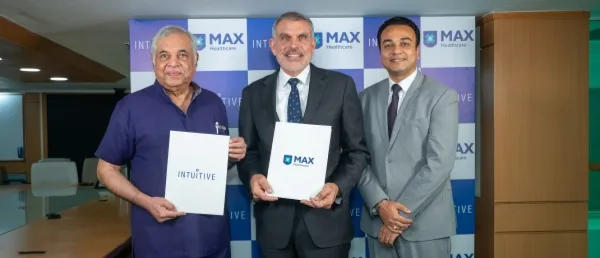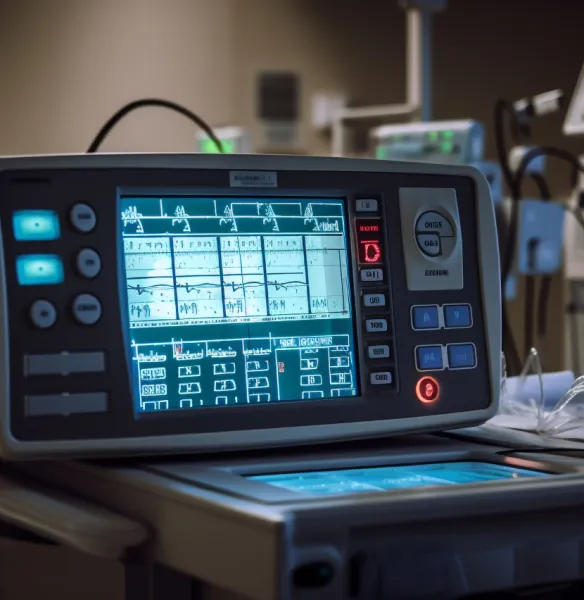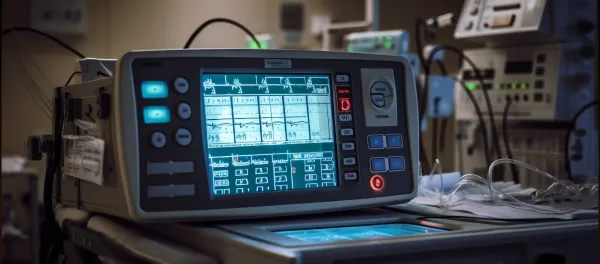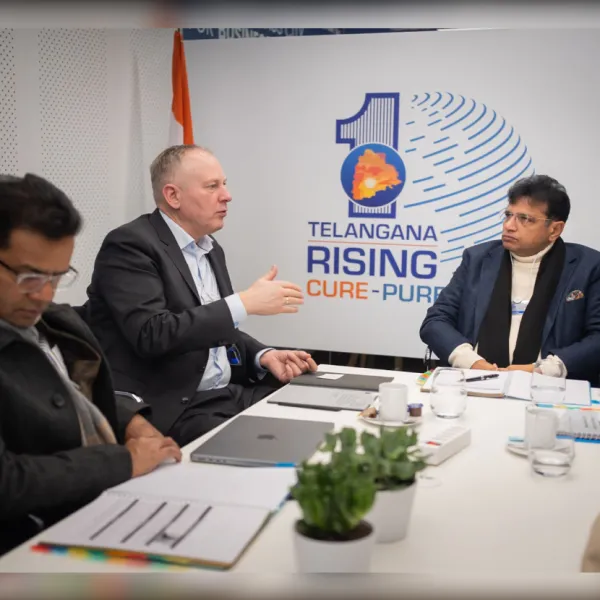Garmin Explores Non-Invasive Blood Sugar Monitoring for Smartwatches via New Patent

The fitness-focused wearable brand recently filed a patent with the US Patent Office, detailing a potential roadmap for estimating glycated haemoglobin (HbA1c) levels, a key indicator of long-term blood glucose trends.
American multinational technology company Garmin may soon expand its health tracking capabilities with non-invasive blood sugar monitoring for its smartwatches.
The fitness-focused wearable brand recently filed a patent with the US Patent Office, detailing a potential roadmap for estimating glycated haemoglobin (HbA1c) levels, a key indicator of long-term blood glucose trends.
According to reports, while the patent primarily focuses on exercise data analysis, it outlines a technique called pulse spectrometry, which uses light-based sensors to detect chemical changes beneath the skin.
The technology could potentially estimate average glucose levels over time by analyzing how light is absorbed and reflected by tissue and blood at specific wavelengths.
Unlike continuous glucose monitors (CGMs) that track real-time readings, Garmin’s proposed method targets HbA1c, offering a stable, long-term view of metabolic health unaffected by short-term factors like meals or activity.
While still at the patent stage, the development signals Garmin’s growing interest in advanced health metrics, joining other major tech firms exploring non-invasive glucose monitoring solutions.
Garmin specializes in GPS-enabled devices for various industries. Founded in 1989 by Gary Burrell and Min Kao in Lenexa, the company offers fitness products such as smartwatches, fitness trackers, and GPS-enabled wearables. It creates devices supporting biometric tracking, including heart rate and sleep monitoring.
Stay tuned for more such updates on Digital Health News











